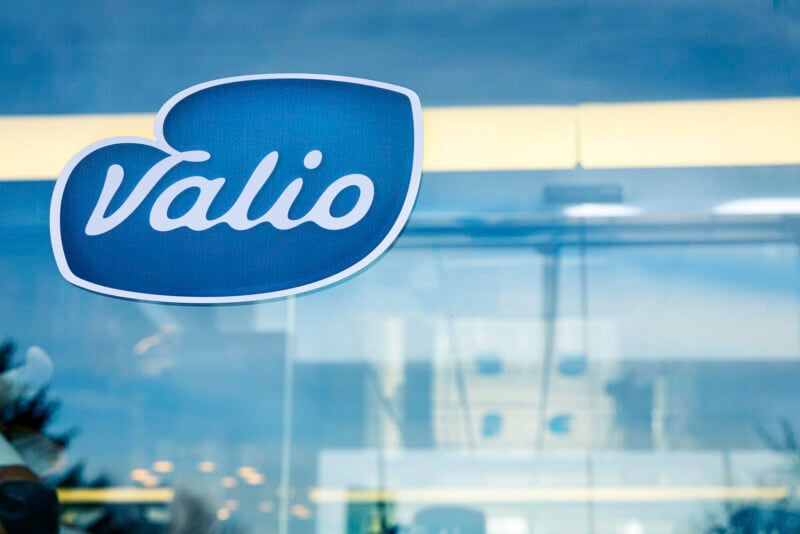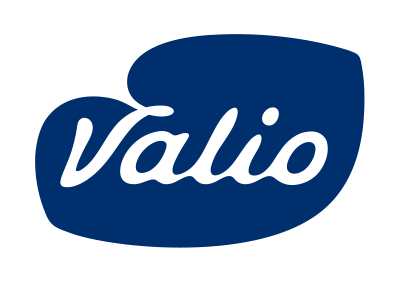Bio2Max – Getting more out of milk chain’s side streams

A new project to develop value chains from biogas plant by-products
The Bio2Max project, coordinated by the Natural Resources Institute Finland (Luke), develops the environmental sustainability of the milk chain and improves the competitiveness of the sector by increasing the economic value of by-products.
The Bio2Max project develops the capture and utilisation of carbon dioxide contained in biogas and develops the necessary technology. The study also examines the use of carbon dioxide as a raw material for fertilizers and the further processing of digestate into recycled fertilizer products. The Bio2Max co innovation project is part of Valio’s and Business Finland’s Food 2.0 leading company (Veturi) program.
n biogas production, we have room for growth in Finland. A market is just beginning to be created for biogenic carbon dioxide, which is a by-product of biogas, , and Finland is well involved in this competition,” says Luke’s Senior Scientist Vesa Joutsjoki. There is also untapped potential in recycled nutrients both in Finland and elsewhere in Europe. According to Joutsjoki, the targets related to green growth have made Europe a pioneer in the production of biogas and recycled nutrients.
“Biogas production is part of Valio’s climate program aiming to cut milk’s carbon foodprint to zero by 2035. The research project focuses on nutrient recycling and bio-CO2 capture within biogas production ecosystem. This will strengthen our know-how in biogas and carbon capture value chains, supporting our carbon neutrality activities”, says Valio’s Project Manager Ehsan Fathi.
Environmental sustainability through better utilization of side streams
Milk production generates greenhouse gas emissions and nutrient runoff that burden the environment. ”It is estimated that more than 80% of the world’s population regularly consumes dairy products in their diet, and dairy products are an important source of nutrients. The environmental sustainability of milk production can be increased by further processing manure in biogas plants,” says Luke’s Senior Researcher Vesa Joutsjoki.
Further processing of manure in a modern biogas plant is key to achieving climate goals and managing nutrient emissions. The end product of the treatment is biogas, suitable for energy use, and recycled nutrients that can be used to replace fossil fertilizers.
“In the project, VTT is developing technologies for the separation, purification and further processing of carbon dioxide that lowers the energy content of biogas. In addition, we are pursuing new innovations in biochar productisation and nutrient recovery,” says Hanna Kyllönen from VTT Technical Research Centre of Finland Ltd.
Value chains for biogas plants’ by-product will be developed in the project in cooperation with other industrial sectors, in order to obtain not only environmental sustainability but also economic value for the end products. The usability of the end products in plant production will be tested in cultivation trials.
”Our goal is also to improve the operating conditions of the Finnish industry working on device development and, in the long term, the competitiveness of the agri-food industry.”
The Bio2Max co-innovation project is part of Valio’s Food 2.0 Leading Company (Veturi) program and is funded by Business Finland. Luke coordinates the project and the other participating research partners are VTT and LUT University. Other participants are Envitecpolis Oy, Etelä-Karjalan Jätehuolto Oy, GMM Finland Oy, Jeppo Biogas Ab, Kenttäviiva Oy Automaatio, NPHarvest Oy, Pellon Group Oy, St1 Biokaasu Oy, TM System Finland Oy and Vaisala Oyj. In addition to Valio, Bio2Max’s parallel company projects are implemented by Alimetrics Research Oy, Demeca Oy and Q Power Oy.
